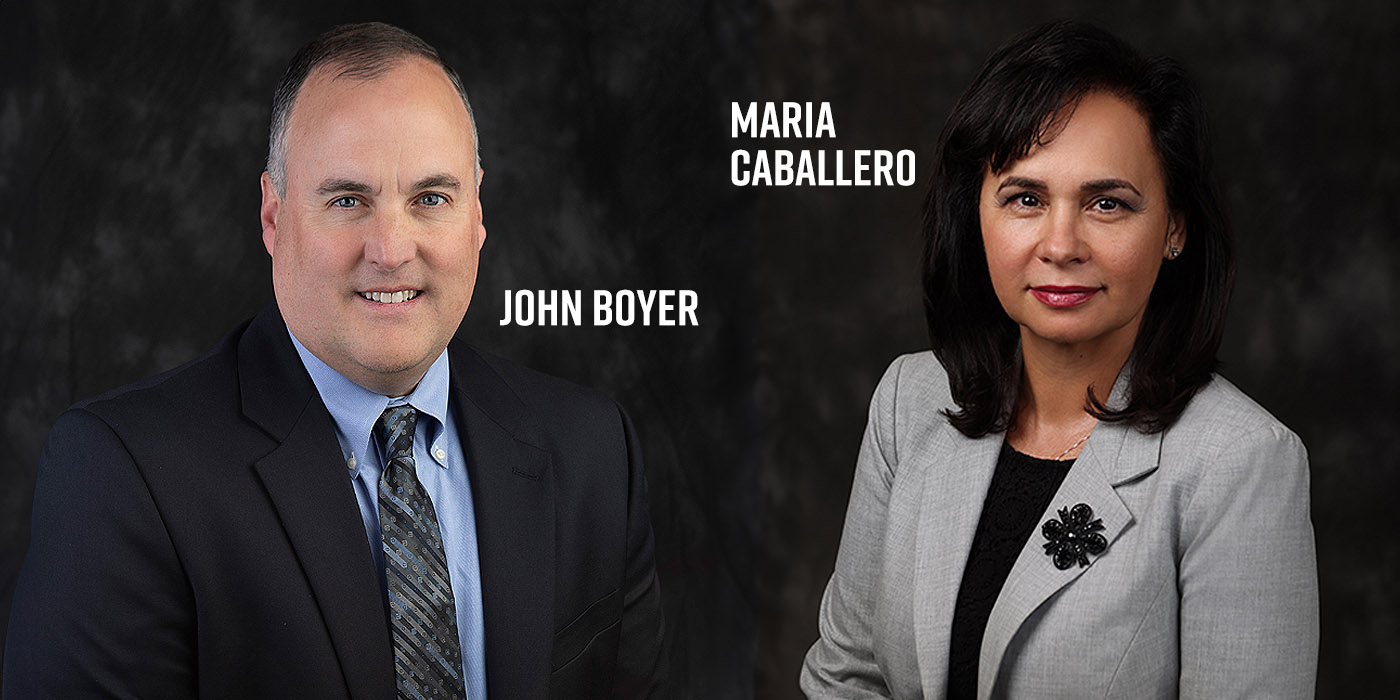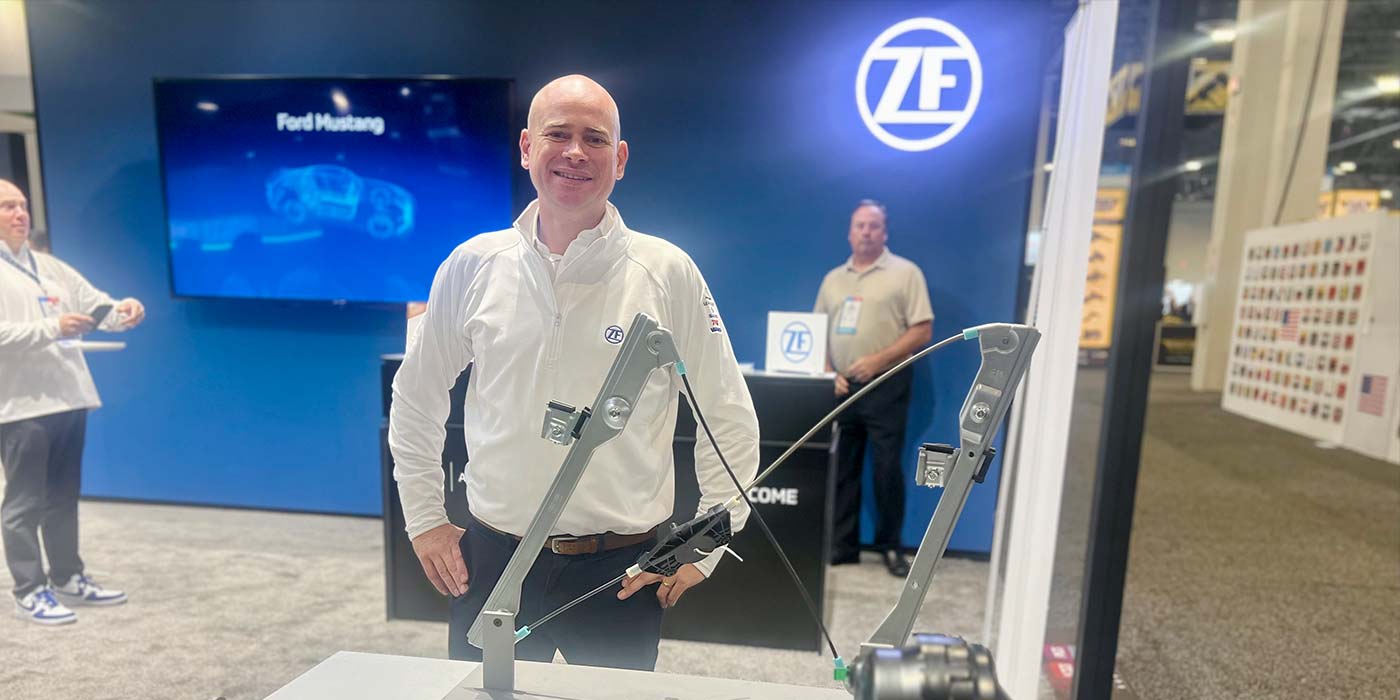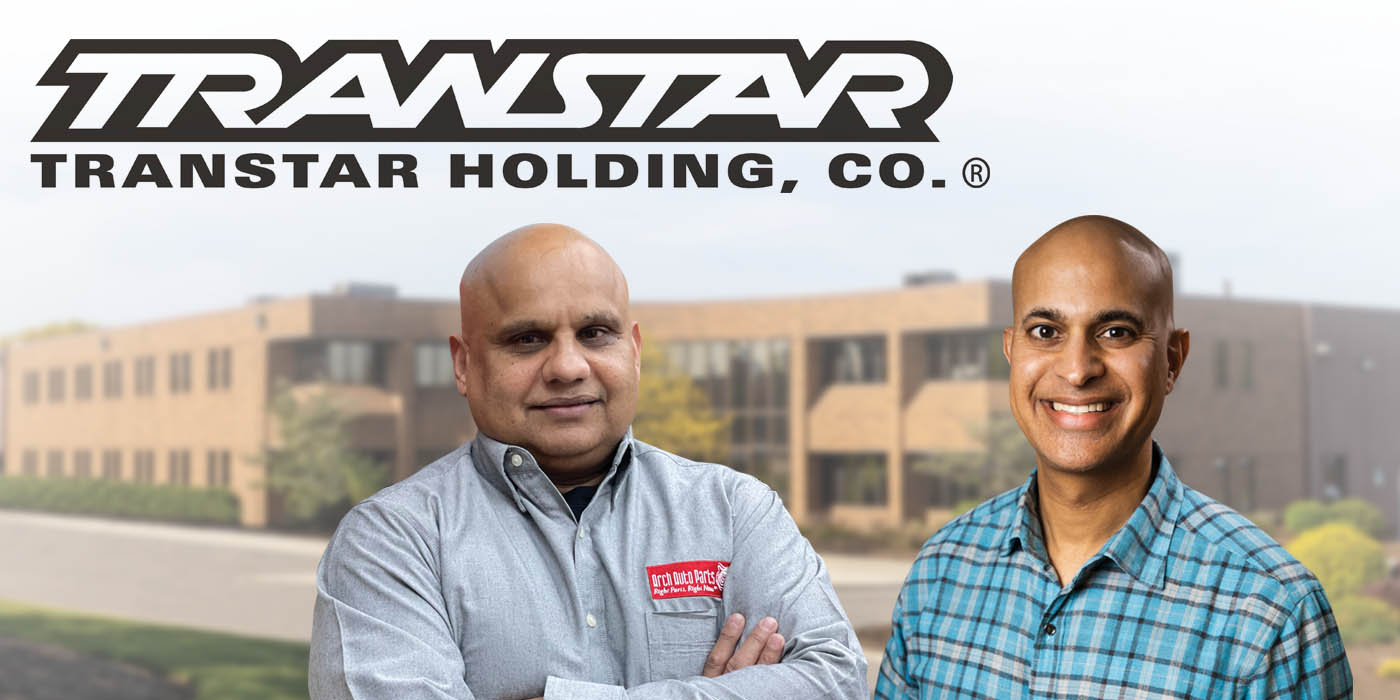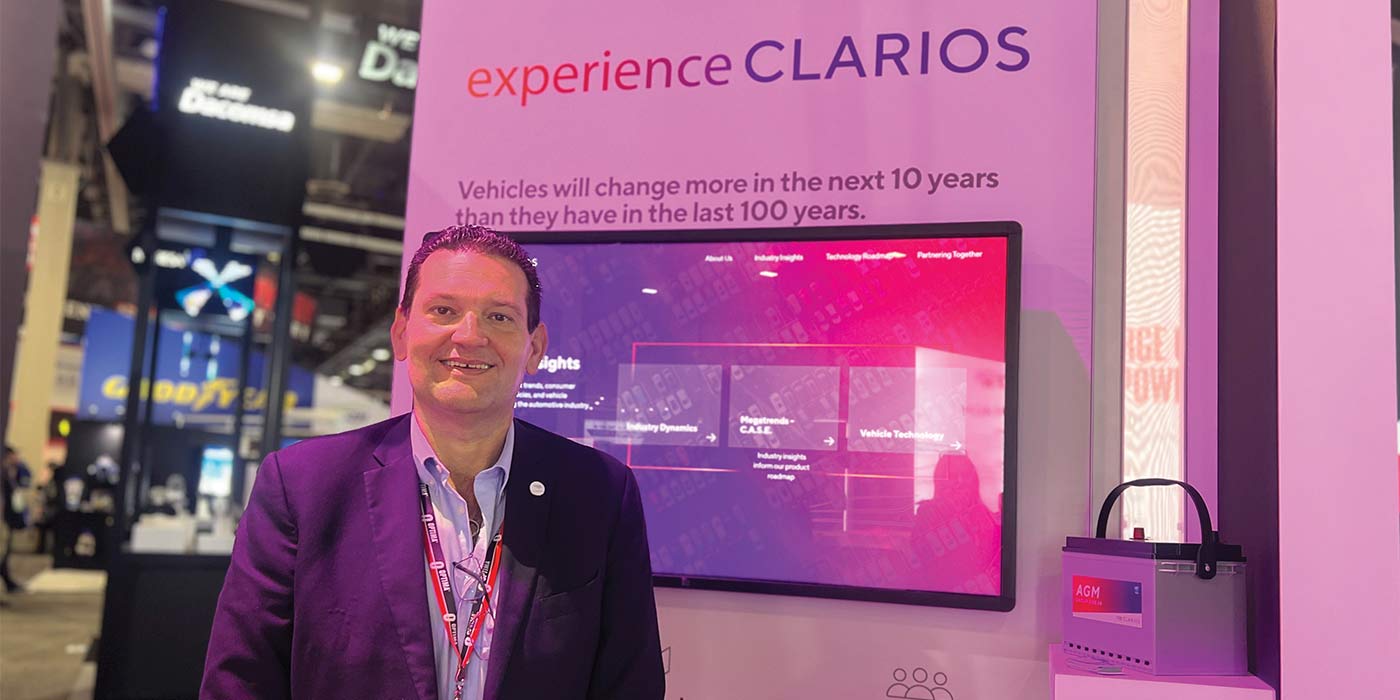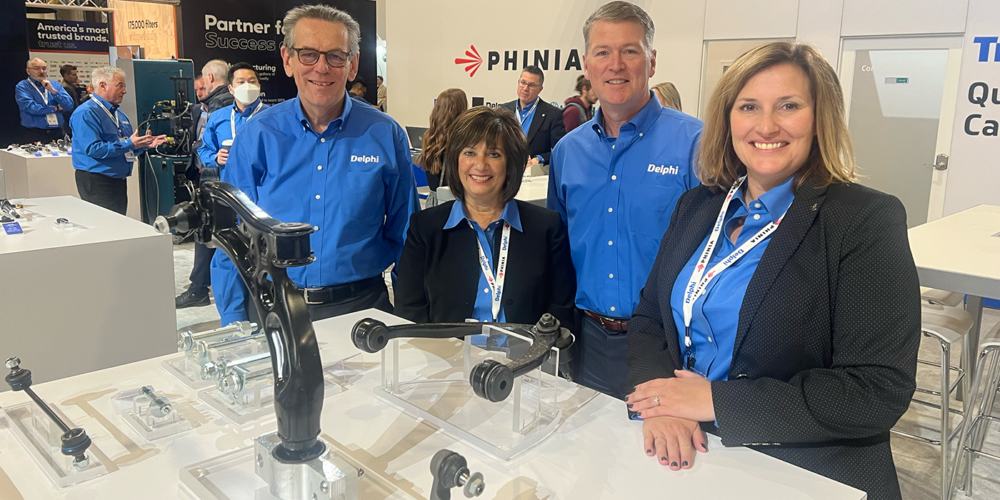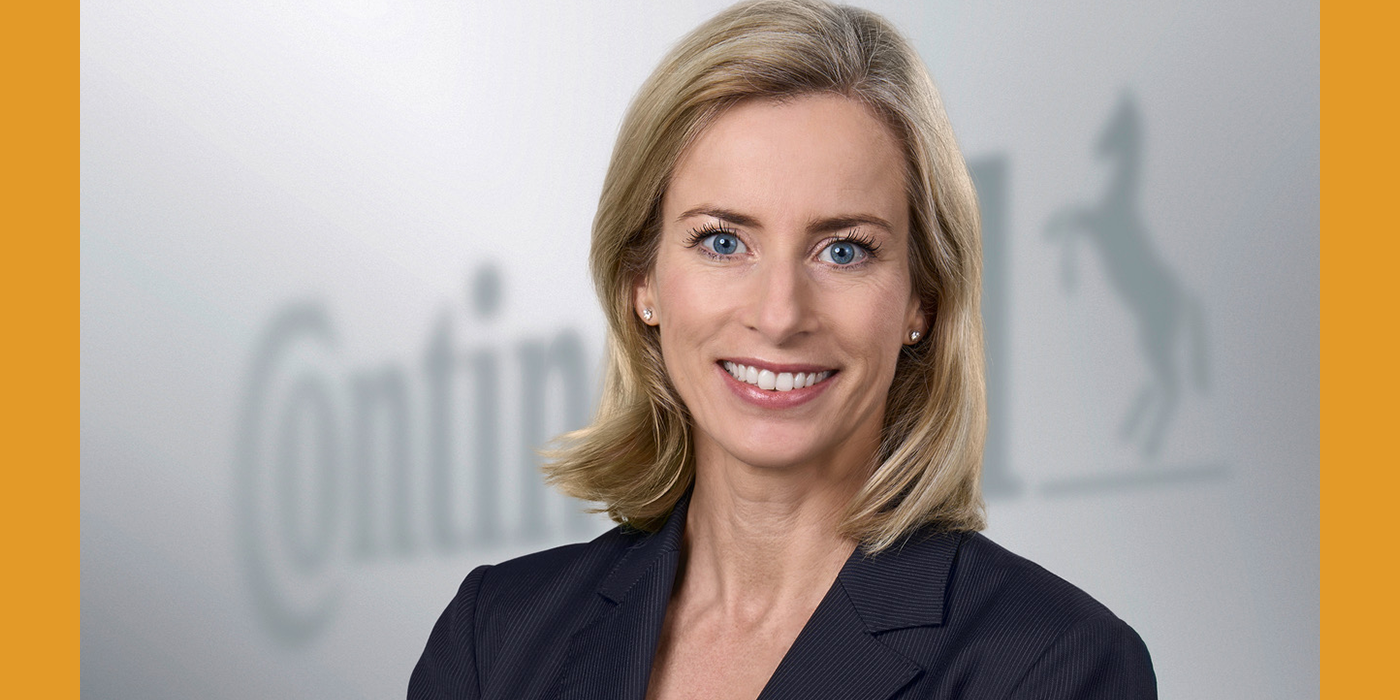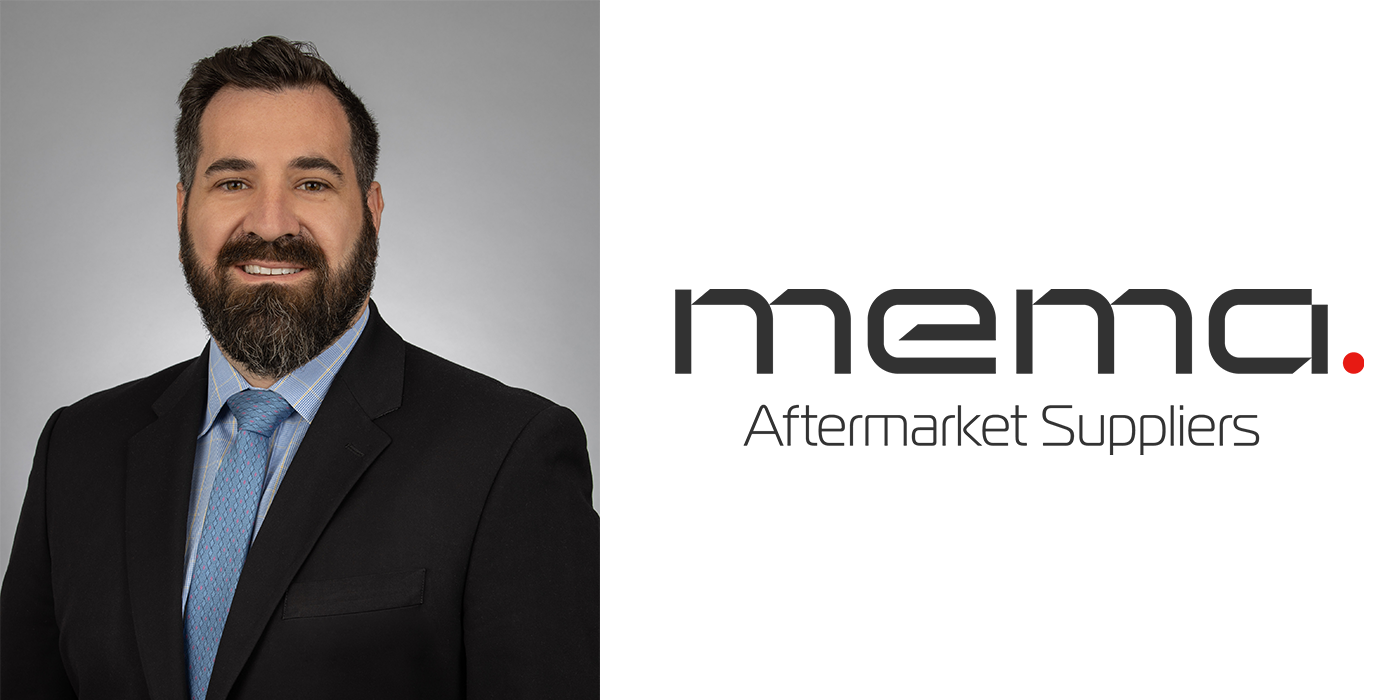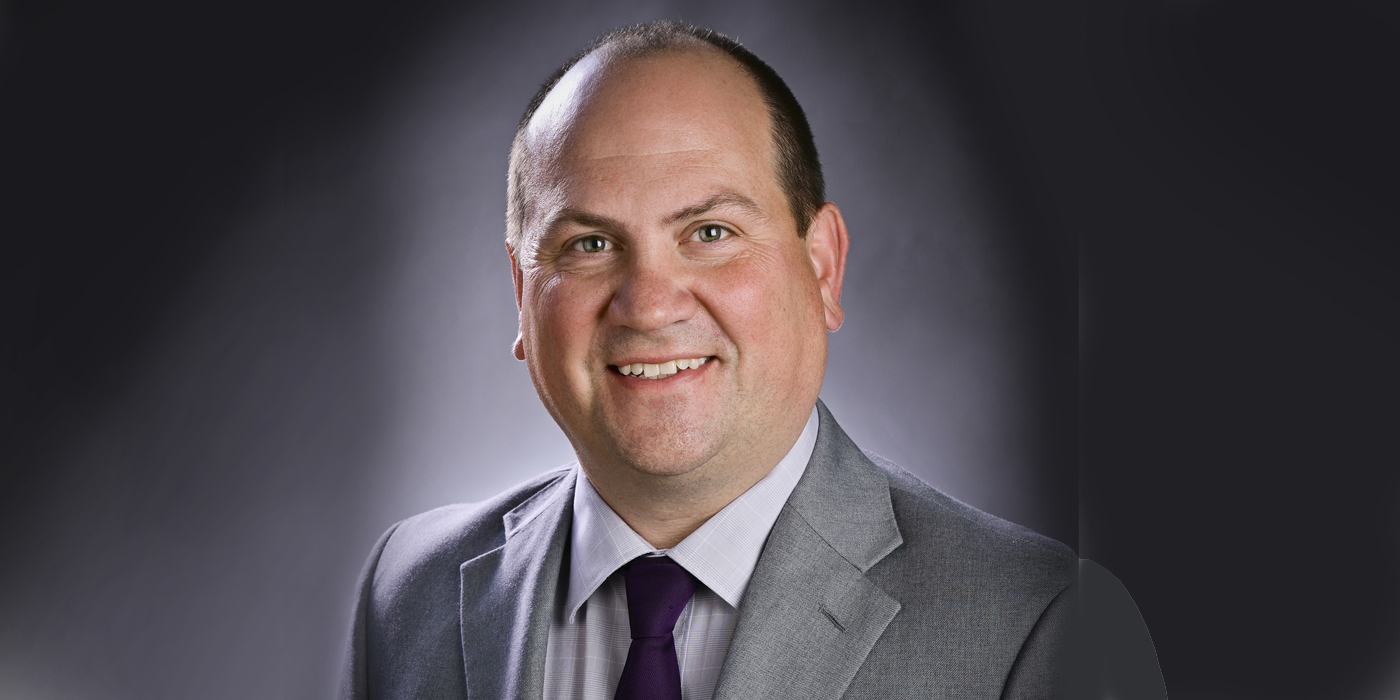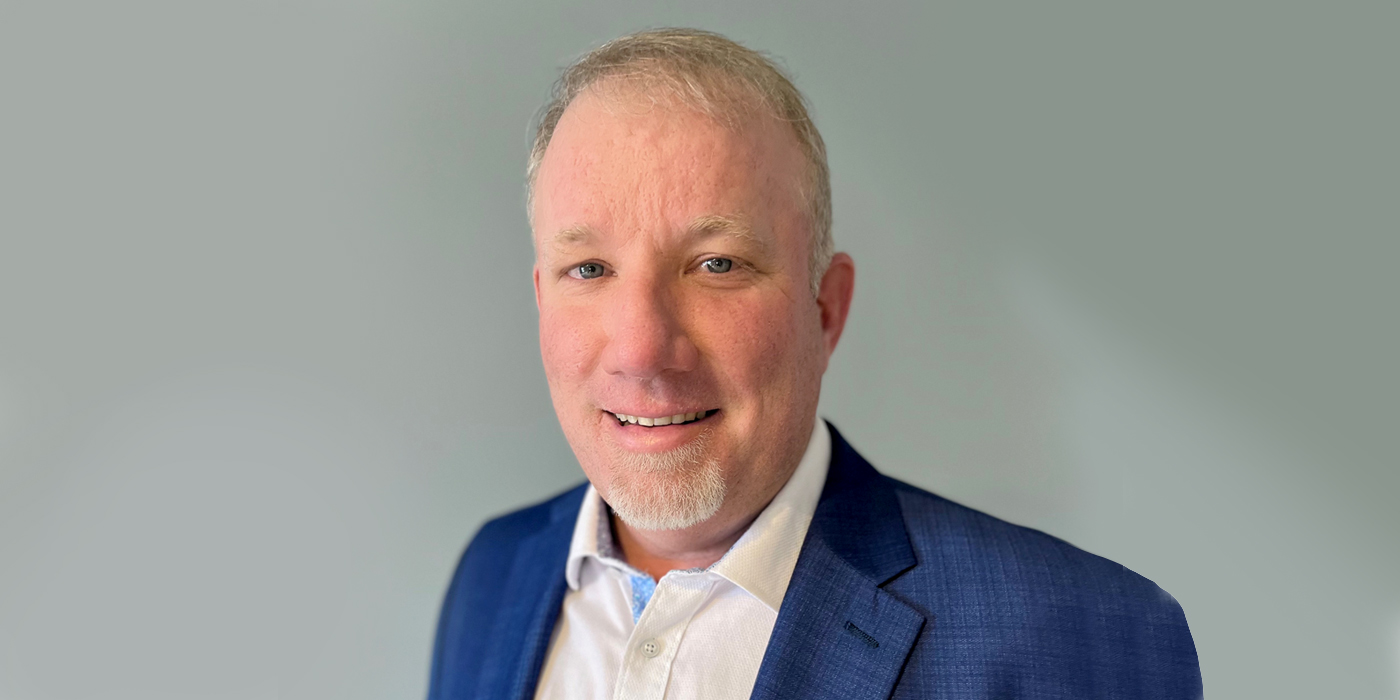CYPRESS, CA —

Every other week, aftermarketNews.com offers an interview with a high-profile individual in the automotive aftermarket. We give executives free rein to express their views on anything from the state of their corporations to recent legislative news to future trends in their niche markets. Here you see what matters to the newsmakers themselves.
This week, Jim Smith, editor of Tire Review (a sister publication to aftermarketNews.com) talks with Shozo “Carlos” Kibata of Toyo Tire Corp.
Shozo “Carlos” Kibata is a very busy man right now, far busier than he was a scant four months ago when he was president of Toyo Tire (USA) Corp. in Cypress, Calif. Since June 1, Kibata was tapped to head Toyo Tire North America, a subsidiary of parent Toyo Tire & Rubber Co. that was created to build and manage the tiremaker’s first North American tire plant. And, as a reward for his hard work in the U.S., Kibata was named senior corporate officer of the parent company.
These days, Kibata jets back and forth between Southern California and northern Georgia, managing the affairs of Toyo’s two U.S. entities. Construction on the new tire plant in White, Ga., is scheduled to start in October, and the first tires should roll off the production line by 2006. The first phase of the new plant will take an investment of $150 million, and its 350 employees will turn out two million passenger and light truck/SUV tires per year using Toyo’s highly automated ATOM (Advanced Tire Operation Module) manufacturing system. Two additional phases are also planned, at an estimated $250 million investment, that could triple the plant’s capacity.
Kibata took time between trips to sit down with Tire Review and discuss plans for the new plant and what it will mean to Toyo’s sales and marketing efforts in the U.S.
With the cost advantages of producing tires in other parts of the world and shipping them to North America, why has Toyo chosen to build a plant here?
There were a number of factors behind the decision. One reason is our production system is very automated. We don’t simply need manpower; we need more sophisticated manpower. The labor quality in the U.S. is much, much better than it is in China, Mexico, or South America in terms of engineering and technical qualities. Another reason we chose to build in the U.S. is that we think that, long term, the labor cost in China may well increase, and transportation costs from China to the U.S. will also increase. We also have a currency exchange risk with Chinese currency. If we produce here, we don’t have such problems. The American market is more stable and offers greater potential in the tire market, so we want to produce tires in this market.
How long has this plant been planned, and when did Toyo begin considering locations in the U.S.?
We started this project almost a year and a half ago, and we visited and considered many sites in the U.S. – mainly in Georgia, Alabama, Tennessee and Kentucky.
What factors will drive the completion of the other two phases of the new plant, and how quickly do you feel Toyo will reach those goals?
The most important factors will be market stabilities and trends. The RMA forecasts a 2% increase in shipments each year for the next few years, and I think strongly that we have such potential. So we will look at the market demand. Also, currently gasoline prices are increasing, and this may affect some demand. We also want to expand our sales to independent tire dealers. Toyo only sells through independent tire dealers. We don’t do business with mass merchandisers or discounters or others. We concentrate on the independent dealer, and we want to expand our tire dealer sales network. In terms of completing the plant, I think the second phase will come quite soon – perhaps two to three years after the first phase is completed. For the third phase, I cannot say for sure, but I hope it will come very soon.
Discuss the automated production technology Toyo will employ at the new plant. Is this technology being used at other Toyo plants?
We currently use our proprietary ATOM system in our Sendai, Japan, plant, and we started production there about 18 months ago. That is the system we will use in our Georgia plant. This is our own exclusive system. The rubber mixing process is not automated, but after that, the process is almost 100 percent automated.
With the added capacity from the new plant, what can we expect to see Toyo do to increase sales and penetration in North America? Will this new capacity supplement or replace product being shipped from Japan?
It will be a mix. Currently, we cannot supply enough quantity from Japan to meet customer demand. So, we will produce our current product in the U.S. plant and continue to bring tires in from Japan. We also plan to include a new category at the new plant, which we don’t produce right now. We feel that we have significant expansion available to us through our current distributors. So, many of our existing dealers will take the tires right away. As a matter of fact, most of these additional sales can come from existing dealers, we feel. But, we do have some distributor vacancies in certain markets where we plan to go after independent tire dealers, so that will take up the rest of the capacity.
Are there plans to add truck tire capacity at the new facility or at the GTY plant in Mt. Vernon, Ill.? Is Toyo considering another North American plant strictly for truck tires?
At this moment, we don’t have any plans to add medium truck tire capacity at the new plant or at the GTY plant. Right now, we don’t have plans to build another plant for truck tires, but we need it.
With a number of existing tire plants available for purchase here, why did Toyo opt to build a greenfield plant?
The other companies are closing plants because of the high cost of operating them. We think it is much cheaper to construct a new plant rather than buy an old plant and then modify it to meet our needs.
You are concurrently president of the new manufacturing company in Georgia and Toyo Tire (USA) in California. Will you continue in both of those positions?
I’m not sure right now. When I have a very capable American plant manager, then my overall burden will be reduced, so I may be able to continue both positions. But, you know, taking care of two companies is very, very difficult. I’d like to continue with both. I will be the president of TTNA for this phase, of course, but that may change. I cannot say if or when.
Are there plans to consolidate all of Toyo’s U.S. operations in one location?
At this moment, no. We will continue to have Toyo Tire (USA) in Cypress and TTNA in Georgia.
Toyo has grown its business in North America significantly over the last few years, especially in the high performance segment. How much does high performance mean to Toyo’s growth, and how do the other market segments figure into your growth?
We plan on continuing rapid growth in the high performance and broadline light truck segments. And, we’re going especially strong after some specialty light truck sizes. For the traditional broadline, we will continue with what we have. That product segment is in a state of flux at the moment. More and more cars are equipped with high performance or ultra-high performance tires at OE, so eventually the traditional broadline will shrink. On the medium truck side, there’s no big revolution going on. Maybe some small growth with super singles, but generally it’s a very slow evolutionary process. Our plan there is to continue to improve and enhance our overall product quality.
Talk a little about the success Toyo has enjoyed with its products and the relationship it has with its dealers.
I think the real heart of our success with the independent tire dealer is that we only sell to independent tire dealers. We don’t sell to the mail-order houses or the warehouse clubs or the national chains. We are dedicated to the independent dealer, and they seem to respond to that with loyalty to us. Secondly, as your magazine points out, another element of our relationship with our dealers is extremely high product quality. An independent dealer has a reputation in his community, and if he sells a product that harms that reputation, that’s not good for his business. An independent dealer is probably more quality conscious than other distribution channels. And, as your Tire Brands Study points out, independent tire dealers vote Toyo number one in product quality year after year.
Another reason we get such high loyalty from our dealers is, in all honesty, our credit extension practices. We only do business with the cream of the crop, so we avoid some of the distribution problems that you might have if you do business with other than the cream of the crop. Our credit polices are probably the most restrictive in the business, and that’s a good foundation for us. We don’t get involved in problems caused when dealers don’t pay their bills. So, we have a cleaner, longer lasting association with our dealers.
_______________________________________
Click here to view the rest of today’s headlines.

